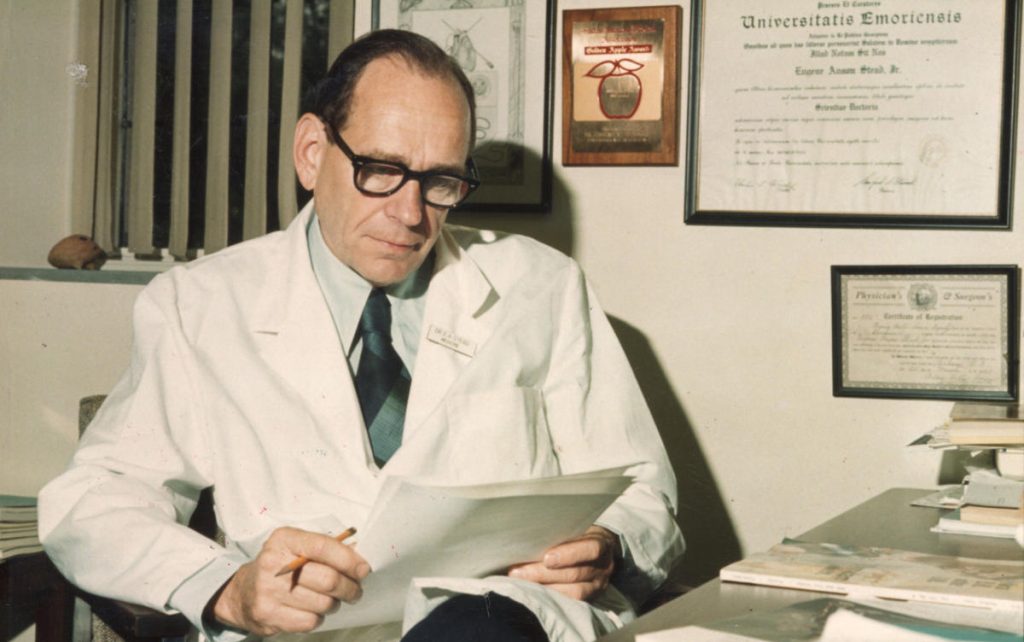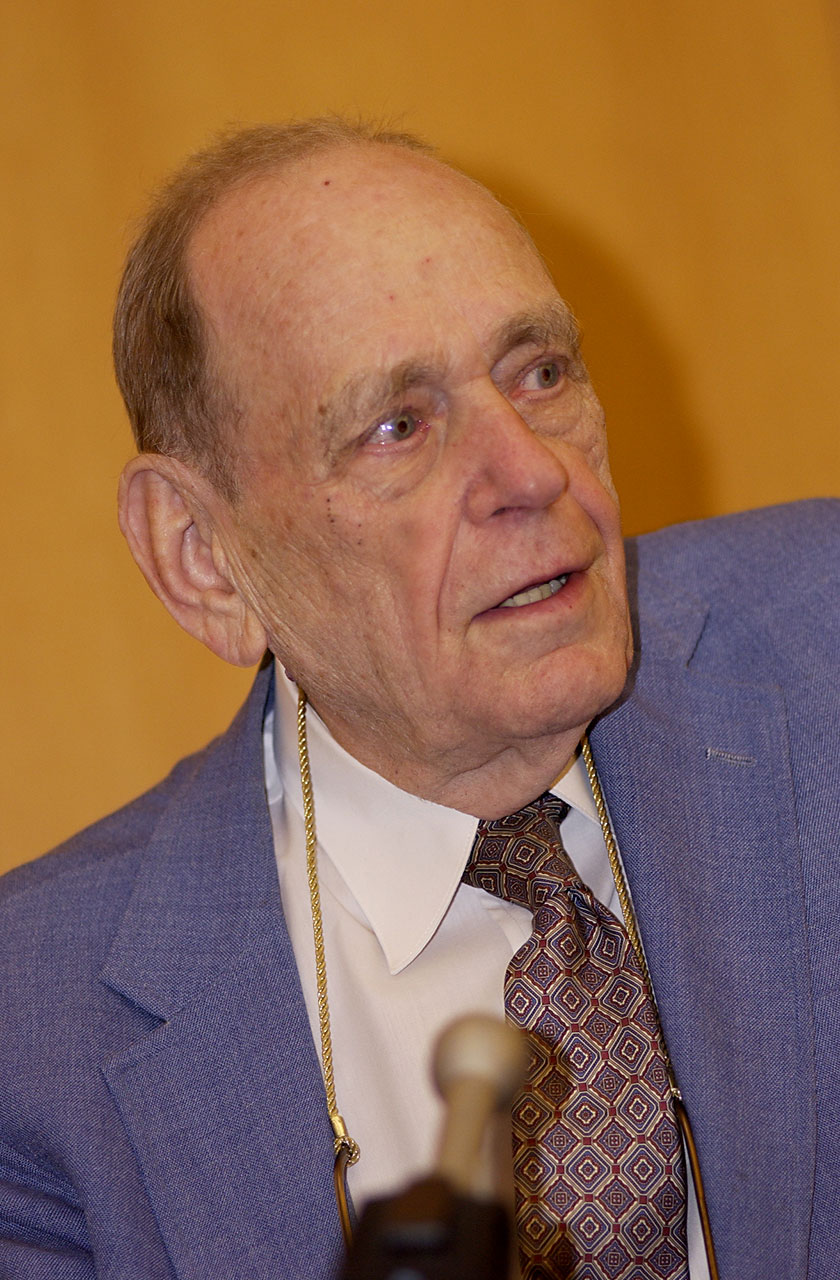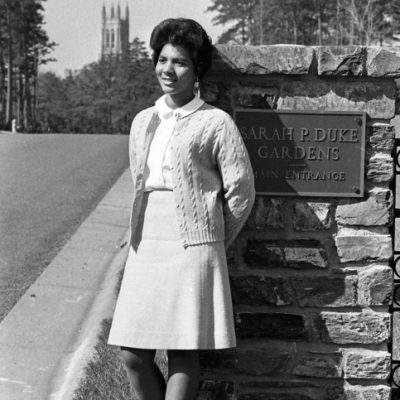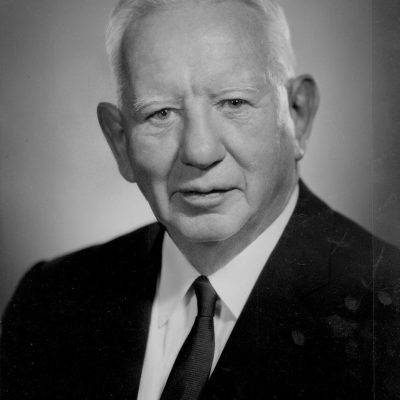Physician assistants (PA) have become an integral part of today’s health care environment. It was Duke’s own Dr. Eugene A. Stead Jr., chair of the Department of Medicine from 1947 to 1967, who founded the profession.
Stead saw an issue with overworked physicians and not enough qualified people to fill in for them, particularly in rural areas. He believed that people could be trained to perform many of the same services as doctors, without a complete medical degree.
Stead launched the nation’s first Physician Assistant Program at Duke in 1965. The two-year program trained personnel to meet the growing demand for medical services.
There are now more than 300 PA programs across the United States, with nearly 170,000 practitioners. Stead’s birthday, Oct. 6, is nationally recognized as Physician Assistant Day.
He was a pioneer in other areas: He conducted groundbreaking research in cardiovascular physiology and is credited with helping change cardiovascular medicine from an anecdotally based practice to treatment based on clinical evidence.
He had a vision that data on patients be collected via computer and that data replace a doctor’s fallible memory of how to treat a patient’s condition or disease. To that end, he developed the Duke Cardiovascular Disease Research Databank. The database was the first and largest of its kind in the world and today is the Duke Clinical Research Institute.

Books have been written about Stead’s contributions to the medical field. One is a compilation of his sayings, dubbed “Steadisms.” The book, Just Say for Me, was written by two doctors during their final year of Duke residency. Among the sayings: “A doctor makes a mistake if he thinks he knows more about a patient than the patient does himself.”
Stead died on June 12, 2005, in his sleep at the age of 96.



